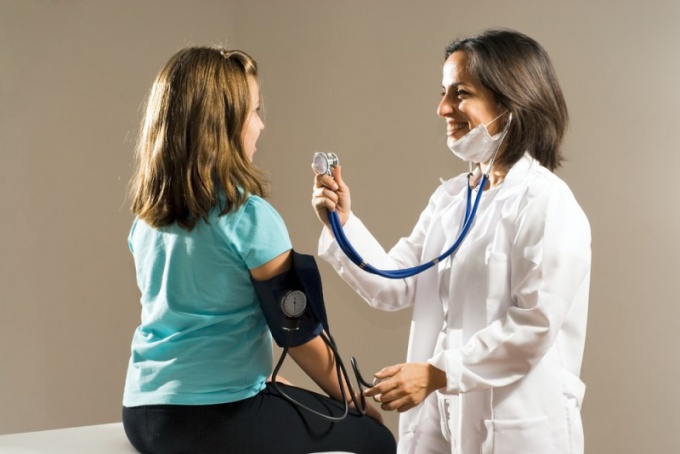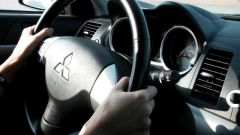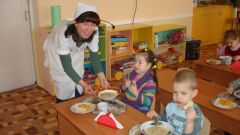Each year students undergo a medical examination. Many children, students in schools that have health problems:
- bad posture,
- curvature of the spine,
- blurred vision,
- gastritis,
- headaches, etc. Parents are not always able to detect that their child is unwell. School medical examination reveals the disease in children with the subsequent treatment, and those who during the survey revealed chronic diseases put on the account to the appropriate specialist.
In the school medical examination the doctors involved such as surgeon, neurologist, orthopedist, pediatrician, dentist, a girl of fourteen, is invited to a gynecologist. Also, during the clinical examination the children take a blood test of hemoglobin and glucose. The mandatory stages of the examination is the chest x-ray, electrocardiogram, ultrasound of the thyroid and General health questionnaire.
Through the examination the doctor can determine the appropriate level of physical activity for physical education classes, if necessary, the students are distributed to medical groups. The first (main) group include students with good health and normal physical development, the second – children with poor physical preparation, as well as those who are shown the physical culture under the special supervision of a teacher. There is a third (special) group, where children with severe diseases. For them developed a special course of medical physical education as a regular curriculum, they do not.
By law, medical examinations in educational institutions is free of charge. Conducting examinations in the school whether the children can receive medical care without leaving the walls of the institution, without detracting from the learning process. Medical professionals pay attention to as many children as are not distracted by other patients, if it happened in the clinic.
Practice shows that the clinical examination of school children quieter to communicate with the doctor in a familiar setting, when a number of classmates and peers.
Disadvantages:
- medical examination are not present in the parents, and the child not always can adequately answer medical questions and to voice their complaints;
- parents learn medical advice than from the doctor and from the school nurse or child, the information often gets distorted.
Parents, it is important never to abandon the examination of children, as timely inspection prevents the development of serious diseases.
- bad posture,
- curvature of the spine,
- blurred vision,
- gastritis,
- headaches, etc. Parents are not always able to detect that their child is unwell. School medical examination reveals the disease in children with the subsequent treatment, and those who during the survey revealed chronic diseases put on the account to the appropriate specialist.
A comprehensive inspection
In the school medical examination the doctors involved such as surgeon, neurologist, orthopedist, pediatrician, dentist, a girl of fourteen, is invited to a gynecologist. Also, during the clinical examination the children take a blood test of hemoglobin and glucose. The mandatory stages of the examination is the chest x-ray, electrocardiogram, ultrasound of the thyroid and General health questionnaire.
Through the examination the doctor can determine the appropriate level of physical activity for physical education classes, if necessary, the students are distributed to medical groups. The first (main) group include students with good health and normal physical development, the second – children with poor physical preparation, as well as those who are shown the physical culture under the special supervision of a teacher. There is a third (special) group, where children with severe diseases. For them developed a special course of medical physical education as a regular curriculum, they do not.
The benefits of prophylactic medical examination at school
By law, medical examinations in educational institutions is free of charge. Conducting examinations in the school whether the children can receive medical care without leaving the walls of the institution, without detracting from the learning process. Medical professionals pay attention to as many children as are not distracted by other patients, if it happened in the clinic.
Practice shows that the clinical examination of school children quieter to communicate with the doctor in a familiar setting, when a number of classmates and peers.
Disadvantages:
- medical examination are not present in the parents, and the child not always can adequately answer medical questions and to voice their complaints;
- parents learn medical advice than from the doctor and from the school nurse or child, the information often gets distorted.
Parents, it is important never to abandon the examination of children, as timely inspection prevents the development of serious diseases.



